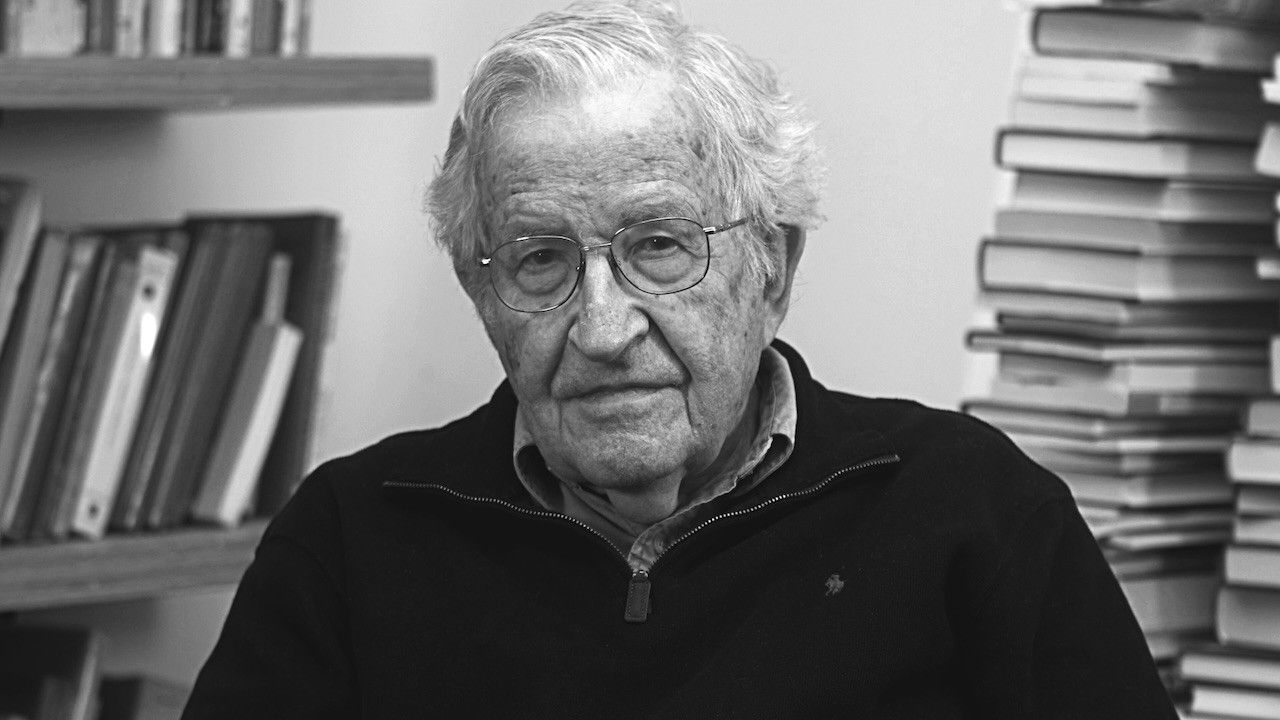Planet in Focus 2018: Brexitannia
As much a sociological exercise as a documentary, Timothy George Keller’s Brexitannia examines the motivations and anxieties behind the Brexit vote of 2016, which saw a majority of British citizens vote to leave the European Union. Keller lets the voters speak for themselves, spending most of the film interviewing ordinary people from across the United Kingdom. He structures the film around topics like immigration and workplace automation, and allows most of his interview subjects to have their say on each topic. The goal is to portray a mosaic of the United Kingdom and the country’s myriad issues. The result is a modestly successfully film. As a factual document, Brexitannia is perceptive and illuminating, capturing the bitter rationalizations of the ordinary voter, but as filmmaking and narrative, it’s too repetitive and slow; its scant 80-minute runtime often feels twice that.
Keller shoots the entire film in full frame and positions the interview subjects in wide shots in the centre of the frame. He also shoots the film in black and white. The entire stylistic effect is to remove his authorial voice from the conversation, leaving behind nothing but the honest thoughts of the voters of Brexit. As well, the black and white style makes it more difficult to differentiate between the interview subjects’ race and geography; it doesn’t erase the distinctions, but it does present white and black, city and country as more similar than they would be if the film were in colour. This carries with it an implicit declaration that all the subjects presented therein are Brits of the same stripe, indivisible and deserving of their vote and say, even if it tips Keller’s hand regarding the ideological approach he takes towards the subject of Brexit.
Of course, even such a purportedly-unobtrusive style bears his authorial stamp, most noticeably in the editing. Keller often structures the interviews so that one person raises a question or makes an insensitive comment about their fellow Brits only for the film to immediately cut to another interview subject indirectly responding to the questions and comments of the previous subject. For instance, one interview subject says that real Brits are white, and Keller immediately cuts to a brown-skinned, Muslim Brit who claims that she’s proud of both her Britishness and her Islamic heritage. It creates an interesting question and answer dynamic that keeps the film moving despite its languid pace, but it’s also an example of editorial tampering in a piece that seems to style itself as non-partisan, and more importantly, non-judgmental.
That being said, it’s nearly impossible to avoid commentary, explicit or implicit, in any type of documentary filmmaking. Any editing will carry with it judgments upon the material being presented. It’s admirable that Keller resists larger grandstanding, especially in the modern climate of film-as-polemic, but his approach, which consists exclusively of interviews, requires more overt curation than fly-on-the-wall, “invisible” documentary filmmaking like a Frederick Wiseman film. Thus, Keller’s approach is laudable and mostly-successful as an sociological exercise.
If only the filmmaking were more stirring. Individual stills from Brexitannia could hang in an art gallery as portraits of a working-class Britain, but when presented one after the other, with no variation or divergence from the rhythmic cutting back and forth, the initially-striking effect is dulled. As well, once we reach the final 20 minutes of the film and Keller brings experts like Noam Chomsky and Saskia Sassen into the equation, the radically-narrow perspective that makes Brexitannia unique is abandoned. It undercuts the larger structure of the film; why play so hard for unfiltered commentary by voters only to abandon that perspective to allow experts to have the final word? It also raises the possibility that perhaps a more conventional structure could have conveyed the same personalized, unfiltered information while playing as a more stirring film.
If you’ve been slavishly following the news since 2016, you won’t find the larger commentary about “Leave” or “Remain” surprising. But there is substantial value in letting people speak for themselves and avoiding the filter of partisan news networks. As such, Brexitannia is a useful record of a certain time and place, even if its placid filmmaking and questionable structure is more befitting an art gallery than a movie theatre.
6 out of 10
Brexitannia (2017, UK)
Directed by Timothy George Keller.
